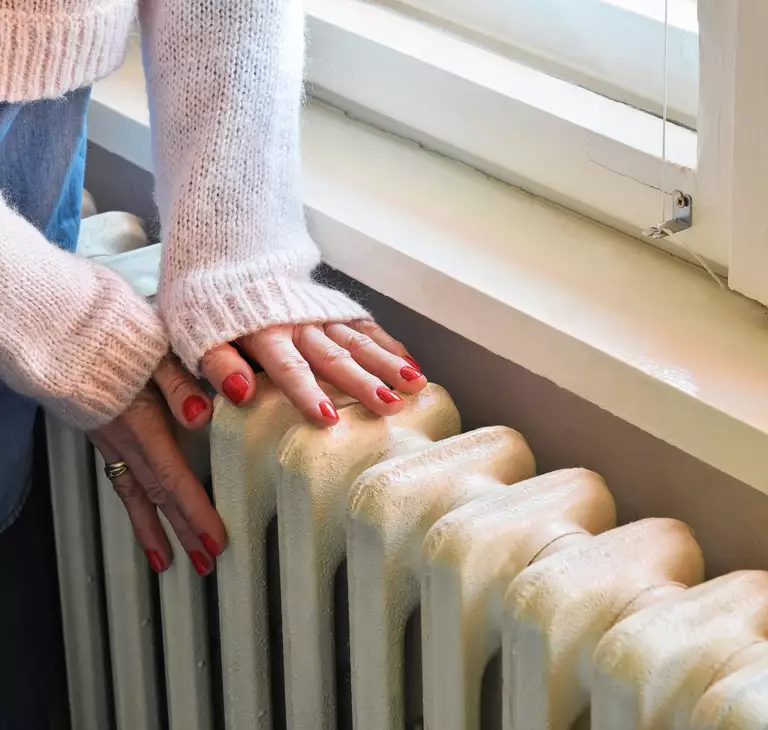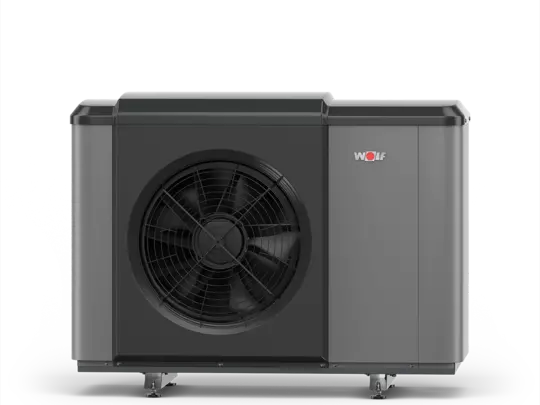
Replacing oil heating systems
& what you need to consider
What you need to know
Do you have an oil heating system that is 20 years old or more in your cellar? Then you can save a huge amount of money if you replace it. And for a simple reason: old boilers are not as efficient as new systems. Furthermore, oil heating systems have two major drawbacks. Firstly, the price of oil fluctuates considerably, which makes it difficult to calculate the actual costs.
Secondly, burning heating oil is particularly harmful to the environment. For this reason, the government provides attractive subsidies of up to 45% if you replace these systems. Consequently, the price of replacing oil heating is not even necessarily high.
Why you should replace your oil heating system now
If you have an oil heating system, you should not wait until the system breaks down to replace it. This often happens in the middle of winter when finding a quick replacement is extremely difficult. It is much more sensible and convenient to replace the heating system during the summer.
You can then calmly compare the various options, request quotes and have the necessary work done. Naturally, you can just have your old boiler replaced with a condensing boiler. This will save you money in the long run as condensing boilers are more efficient than older systems.
Replacing your boiler is also relatively quick as the existing oil tank, piping and radiators can continue to be used. Nevertheless, it is not absolutely the ideal solution as the CO2 emissions produced are still higher than those generated by other appliances.
Oil heating systems can be replaced with the following alternatives
Heat pumps
Heat pumps have the great advantage that they use heat present in their surrounding environment. This is environmentally friendly and the “fuel” is free of charge. There are three types of heat pump:
- Air-to-water heat pumps use the heat from the ambient air.
- Brine-to-water heat pumps use geothermal heat.
- Water-to-water heat pumps extract heat from groundwater.
Heat pumps work with low flow temperatures. As a rule, this means that they are only effective as the sole heating system for well-insulated (newly built) houses. It is also advisable to combine them with radiant heat panels and underfloor heating systems as these can work with lower temperatures.
For this reason, heat pumps are mainly used in old buildings only as one component of a hybrid heating system. Hybrid heating systems are a combination of multiple different heating systems. So if the heat pump reaches the limits of its capabilities, a gas heating system will step in, for example.
Air-to-water heat pump
CHA-MONOBLOCK
The WOLF CHA Monoblock heat pump is sure to fit in with the overall design of your home, and is perfect in the garden, out on the patio or mounted on the wall – all with an impressive COP of 4.65.

Gas condensing boilers
A modern gas heating system with condensing technology is often a good alternative to an oil heating system. For one thing, the price of gas fluctuates less than that of oil. So heating bills are reduced and costs are more predictable. For another, burning gas is more environmentally friendly than burning heating oil.
If you have the option of connecting to a local gas grid, you do not even need the large tank, which saves space in the cellar.
If no gas grid is installed in your area, you can fall back on liquid gas. However, you will then require a tank and will have to stock up with large quantities of LPG as you would with oil.
Solar thermal technology
Put simply, solar thermal technology uses solar radiation to produce hot water that is fed into the heating circuit. If the sun’s energy happens to be insufficient, a further heat generator cuts in. Therefore, this type of heating is mostly used in combination, for instance with gas heating.
Supplementing oil heating systems
If your oil heating system is still relatively new, you can make good use of it as part of a hybrid heating system. For instance, solar thermal technology or a heat pump can produce part of the required heating output. The oil heating system then provides the rest of the heating output. In this way, you are certain to have sufficient heating output available in your home. At the same time, you save money and protect the environment by reducing your consumption of heating oil.
Expert advice for thorough analysis
It can sometimes be difficult to keep track of the many available options and subsidy programmes. If you need any help, feel free to ask the WOLF experts at no cost to you and without obligation. Don’t hesitate to contact us for comprehensive advice.


